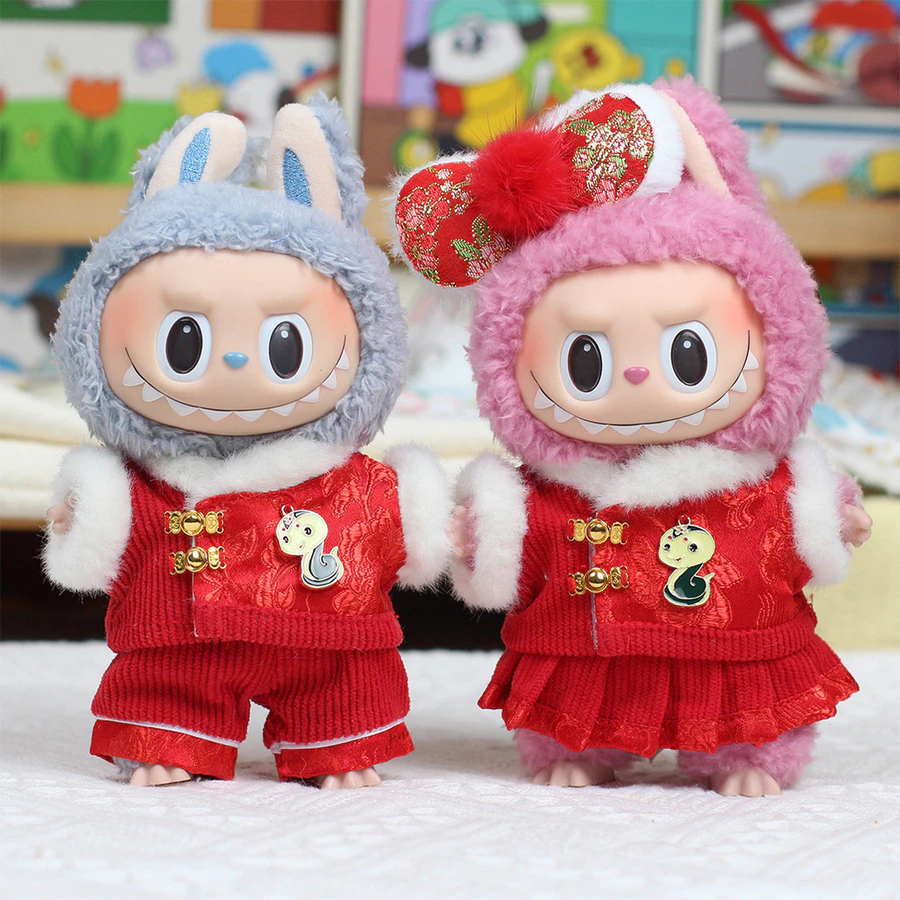Labubu’s Dark Secret: Is K-Pop Fueling the Sweatshop Trend?
- lewishooper1

- Aug 7, 2025
- 3 min read
Unmasking the Korean market as the foremost contributor to grueling Labubu labor conditions. What is happening, and how can this issue be resolved? We uncover this story!

Labubu's Dark Secret: Is K-Pop Fueling the Sweatshop Trend?
Underneath the glossy, playful worldwide trend of these cute but rather ugly figures Labubu, you will uncover a very troubling reality for many hands that craft them.
Known as the "dark side" of their high mass production, it often takes place in what are known globally as "sweat factories" and not creative freedom, like their creators would like you to think.
With K-pop celebrities like Lisa from BLACKPINK taking to TikTok with the slogan "Aahhh... my baby took the pink Labubu", is she helping feed the endless and underregulated fast fashion/trend machine?
BLACKPINK's Lisa & Labubu: Unpacking the Dark Side of Viral Trends
With Lisa's social media post, BLINKS worldwide rushed to stores to try and fight for a chance to buy their own plushie. We have previously written about how fights globally are kicking off in the UK, Korea, and the US as fans are desperate to get their hands on the latest toy, but what does this mean for the poor workers?
Often in these factories, the workers or migrants are very vulnerable, and as a result have to endure long hours past legal limits, with no money left at the end of the month to cover their living expenses. With the retail prices of Labubu plushies ranging from USD 20 to over USD 400, these workers see not even close to the highest price after a month of working.
Instead, the conditions are frequently grim: poorly ventilated spaces filled with the fumes of paints and plastics, inadequate safety measures, and crowded workstations that leave little room for comfort or dignity. It's a relentless cycle of repetition and exhaustion, stripping away the joy from what should be an artistic endeavor.
The Korean Market: A Primary Driver of Collectible Sweatshops
From the latest trend and strong yearning for the latest trend, the pressure from the Korean market demands new releases in strong volumes, and sadly, Korea has emerged as one of the worst culprits, putting pressure on this already unregulated industry. This drive for rapid turnover and cost efficiency forces manufacturers to cut corners, perpetuating sweatshop labour to meet fervent consumer demand.
The K-Pop Effect: Navigating the Korean Re-Sale Market
The competitive resale market in Korea is a very vibrant and ever-expanding space, which some say is shaped by the dynamic K-pop world. This is thanks to limited edition albums and concert merchandise often endorsed by idols, which has resulted in a demand that creates a rapid turnover of highly coveted goods.
This frenetic activity means sought-after items often sell out instantly, pushing fans to dedicated online platforms and physical stores in the secondary market. The perceived scarcity and exclusivity, often amplified by K-pop's global reach, drive prices sky-high for rare collectibles. Understanding this unique interplay between K-pop's influence and consumer desire is key to navigating South Korea's booming resale landscape.
However, at times, as seen on social media in China, many counterfeit goods are being produced, often with many yearning for the same retail price as the official merchandise.
Do you have a Labubu plushie in your collection? We're eager to know: what's the story behind your decision to bring one home? Share your reasons and experiences with us in the comments below – we'd love to hear from you!








Comments